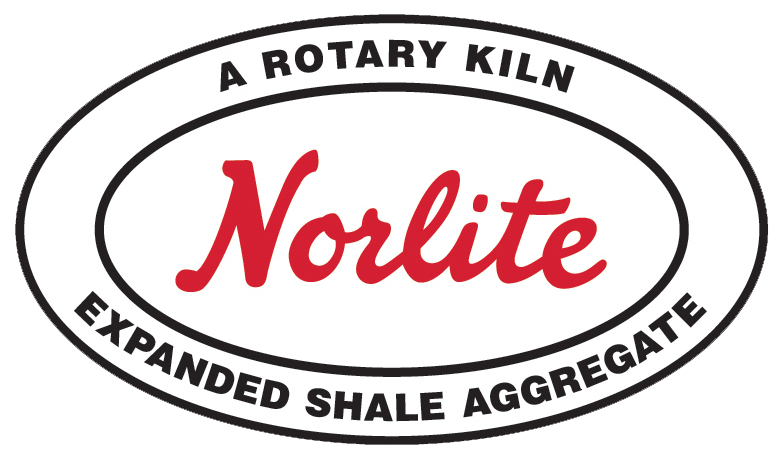State Department of Environmental Conservation
Environmental Sampling Report Indicates
No Human Health Risk, March 2021
The New York State Department of Environmental Conservation’s independent assessment of PFAS compounds in soil and water near our facility in Cohoes found that our community has not been adversely impacted by PFAS, which are ubiquitous in the environment, and in fact PFAS levels are “well below levels observed in areas impacted by industrial activity or prior releases of PFAS.” This is great news. Among the report’s key findings:
The DEC concluded, “There is no clear evidence of an upwind or downwind gradient of individual or total PFAS, which would be expected if the PFAS combusted at Norlite was not destroyed by the high temperatures of the kilns.”
Soil sample results for Saratoga Sites, adjacent to Norlite, “were all below residential use guideline values. … All of the soil samples collected showed PFAS concentrations lower than guidance values relevant to the residential areas surrounding Norlite.”
One soil sample exceeded a residential use standard for metals; it was collected from a road right of way adjacent to a former landfill operated by another company.
PFAS concentrations in the Salt Kill, which passes through Norlite’s property, were lower than concentrations collected from Patroon Creek, several miles away. The DEC concluded, “none of these concentrations are indicative of a concentrated source area impact.”
The DEC concluded, “Concentrations of PFOA and PFOS in soils do not indicate a human health risk. These concentrations are below levels developed by DOH applicable to the current land use and potential for human exposure.”
